Some National Assembly deputies proposed focusing on developing social housing for rent, instead of for sale, to reduce the financial burden on low-income people.
On the morning of June 19, the National Assembly discussed the draft Law on Housing (amended). Delegate Nguyen Van Hien, Director of the Institute for Legislative Studies (National Assembly Standing Committee), commented that the draft is moving in the direction of ensuring that low-income people can own social housing, instead of ensuring their "right to have a place to live".
In fact, low-income people are mainly workers and laborers who have just started working. Meanwhile, housing is a huge asset, beyond the means of most low-income people. "Buying and owning a social house, even if it is paid in installments, is a huge financial burden," said Mr. Hien, worried about the consequences of people lying about their income to buy a house, or speculators borrowing workers' names to register to buy.
In addition, with the current incentives for social housing development, investors will choose to build houses for sale, recovering capital faster. Few investors are interested in the segment of social housing management and operation, social housing rental because it is difficult to do, and capital recovery is slow.
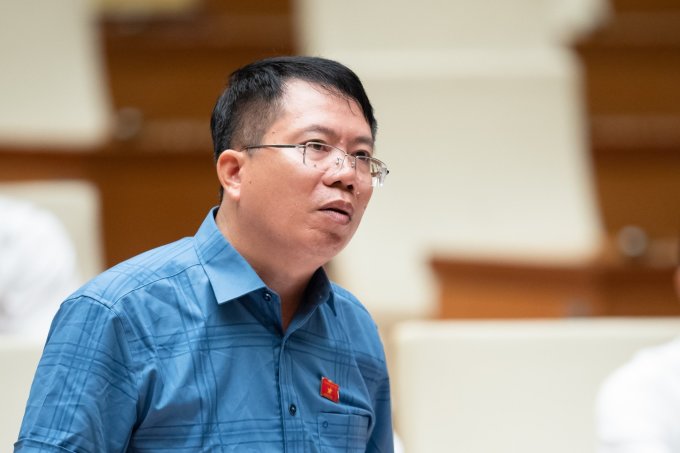
Delegate Nguyen Van Hien, Director of the Institute for Legislative Studies. Photo: National Assembly Media
Citing experience in developing rental housing in many countries, the delegate said that investors only implement the project, while the management and operation will be undertaken by professional public or private organizations. These organizations work alongside investors from the time of project development, commit to buying houses at reasonable prices for long-term rental and solve the investor's cash flow concerns. "Therefore, low-income people may not necessarily own a house, but they have the right to live there," the delegate said.
Therefore, delegates recommended that the drafting agency should separate regulations and policies on housing for sale from housing for rent and hire-purchase. Creating preferential mechanisms for rental housing meets the needs and economic conditions of the majority of young workers in the trend of increasingly moving to key economic areas, large cities, and urban areas.
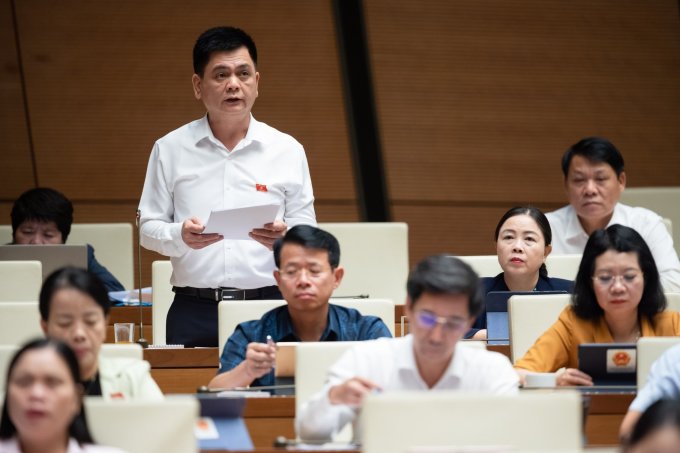
Vice Chairman of the National Assembly's Council for Ethnic Minorities Nguyen Lam Thanh. Photo: National Assembly Media
The rental housing development strategy has been successfully implemented in many countries such as Singapore and Malaysia. From there, Mr. Nguyen Lam Thanh, Vice Chairman of the National Assembly's Ethnic Council, proposed that the State have a strong and breakthrough policy to develop both commercial and social rental housing; ensuring that rental is a closed business with the responsibility of the investor or management board.
"This is also an orientation for sustainable social housing development that needs to be stipulated in the Law on Real Estate Business," he proposed.
Discussing the development of social housing for rent only, Mr. Nguyen Van Hien, Vice Chairman of the Law Committee Ngo Trung Thanh, said that the State would have to spend a lot of resources. As for investors, according to him, it would be very difficult for them to "spend even money and collect small change" to attract investment, as happened recently.
Vice Chairman of the Law Committee Ngo Trung Thanh pointed out the paradox: currently, social housing has many incentives but is not developing much, while rental housing invested by individual households without any incentives is developing quickly, ensuring a part of the housing supply for workers. However, this model is developing spontaneously, without its own standards and conditions, so it leads to tenants taking risks and paying higher costs (electricity, water, etc.).
A survey conducted in late May by VnExpress and Ban IV with more than 8,300 workers also showed that "lack of money for the initial contribution to buy a house" is one of the two biggest obstacles when they want to buy social housing.
At the same time, with their current income, workers are almost unable to repay the loan. The group with an income of 5-10 million VND only saves an average of 2.7 million VND per month to buy a house.
Suppose a worker earns 11 million VND per month, after paying 20% of the initial amount, he/she can borrow 720 million VND at an interest rate of 8.2% for 20 years. Every month, he/she will have to pay both principal and interest of more than 6 million VND - more than half of his/her income. Thus, at this level, the worker is eligible to buy but cannot repay the debt.
Mr. Nguyen Lam Thanh added that the policy of developing social housing needs to avoid the unwritten rule that "social housing is housing for type 2 subjects, cheap, poor quality". Mr. Thanh stated that this situation is very common, especially in resettlement projects.
He proposed using the concept of "low-cost housing" instead of "cheap housing" when formulating policies to promote the social and commercial housing market. The State uses tax, credit, investment support from the budget, and land policies to compensate for the increased investment value to reduce selling prices and rental prices, and considers this as a source of investment capital for social security.
Meanwhile, Mr. Ngo Trung Thanh suggested that it is necessary to stipulate more policies for developing rental housing invested in and built by individual households. Specifically, the draft law needs to add regulations on encouraging construction, standard conditions for rental housing, preferential policies for investors, support for tenants... to match the contribution of this type of housing in ensuring housing for people.
The draft Law on Housing (amended) is expected to be passed at the 6th session, late 2023.
Son Ha - Hoai Thu
Source link



![[Photo] General Secretary To Lam receives First Deputy Secretary General of the African National Congress (ANC) of South Africa](https://vphoto.vietnam.vn/thumb/1200x675/vietnam/resource/IMAGE/2025/5/20/bb2999907e1245d5b4c7310a890d8201)








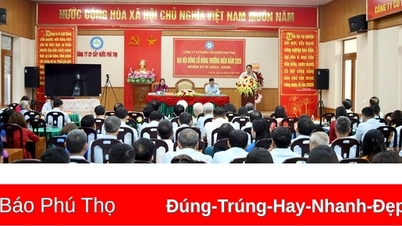



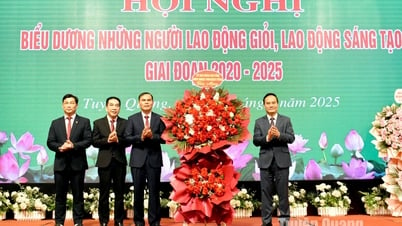



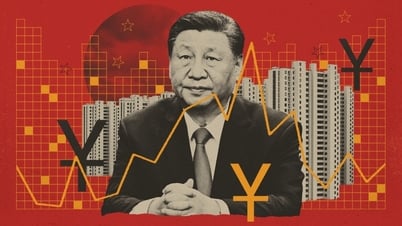
















![[Photo] Award ceremony for works on studying and following President Ho Chi Minh](https://vphoto.vietnam.vn/thumb/1200x675/vietnam/resource/IMAGE/2025/5/20/a08ce9374fa544c292cca22d4424e6c0)
![[Photo] Vietnamese shipbuilding with the aspiration to reach out to the ocean](https://vphoto.vietnam.vn/thumb/1200x675/vietnam/resource/IMAGE/2025/5/20/24ecf0ba837b4c2a8b73853b45e40aa7)


























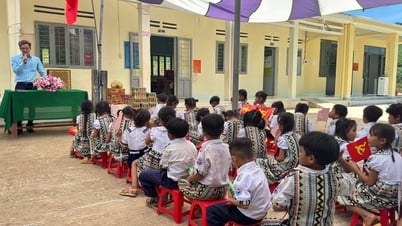


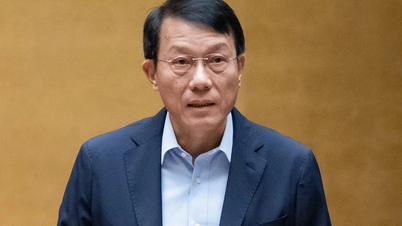








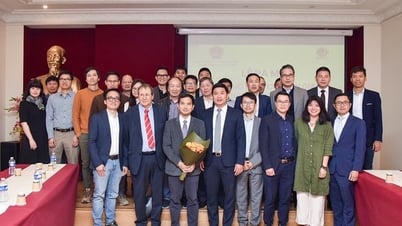




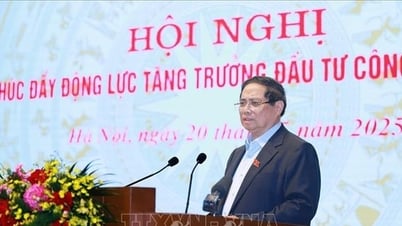



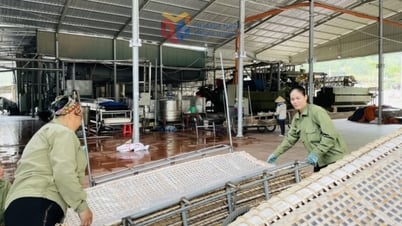
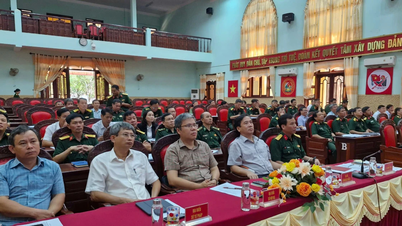














Comment (0)